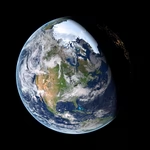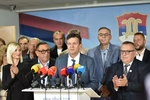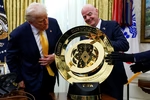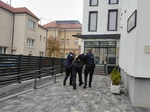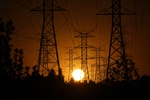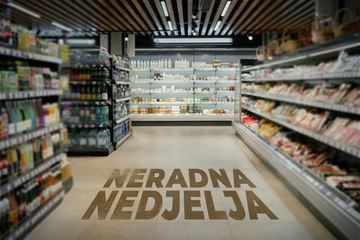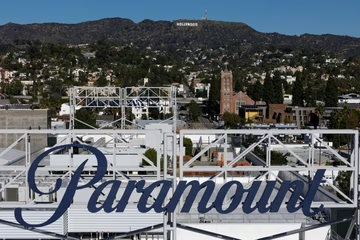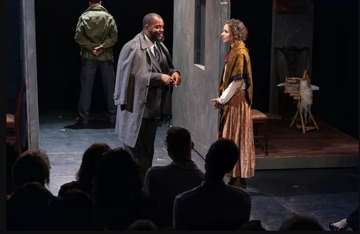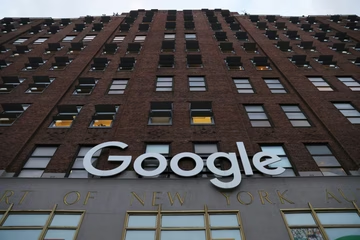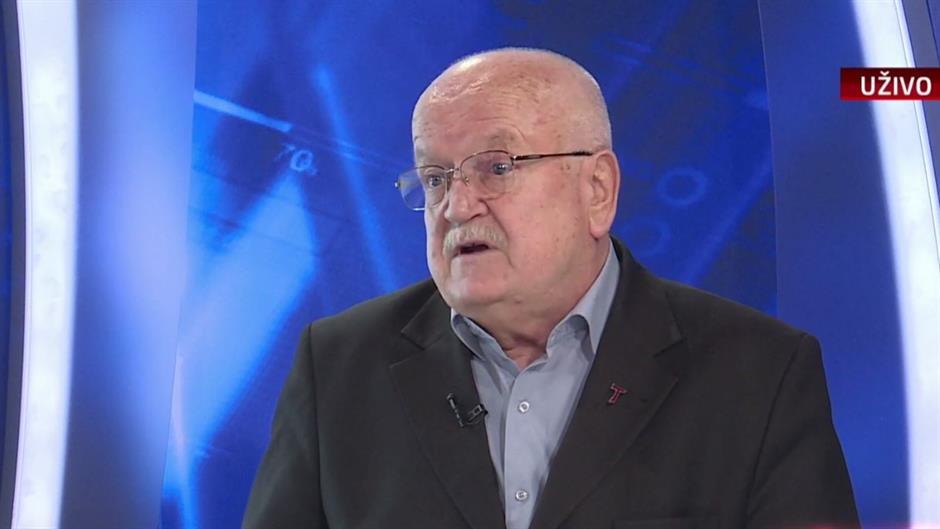
Bosnian Franciscans believe that Bosnia, with all its Orthodox, Catholics, Jews and Muslims, can be a society in which everyone lives with their differences, and yet they could live together, Franciscan monk Ivo Markovic told Anadolu Agency.
I think that Serbs and the Serb Orthodoxy must honestly look themselves in the eye and admit that they started this war and committed those crimes and the Srebrenica genocide, which the whole world knows,” Markovic said. “The Orthodox Church needs to admit its wrongdoing and repent. That would be a turning point for the Serb people which is sinking ever deeper in its bog of evil and their politicians don't see how devastating that is for their people.”
Bosnian Serb forces killed over 8,000 Bosniak men and boys in July 1995, when they overran the eastern town of Srebrenica, which was declared a UN Safe Zone. The Dutch battalion was heavily outnumbered and could not protect the civilians. What happened in the next couple of days was marked as genocide by two UN Courts for the crimes during the Bosnian war of 1992-1995.
He uses Germans as an example, saying that as the people who had committed the greatest evil in the history of humankind, an industry of death, they admitted to their wrongdoing and repented. This made them into one of the most developed and peace-loving societies in the world.
“I think Serbs should take the same path and not the path of lies that Srebrenica genocide never happened,” the friar said.
He argues that Serbs also committed genocide in the northern Bosnian town of Prijedor, but that it was never confirmed by a court verdict.
“They were prepared to commit genocide through dehumanisation, and they need to own this. There are fantastic peacekeepers among Serbs but, unfortunately, they are a minority.”
Croats must accept Bosnia as their country as well.
“The central problem of Bosnian Croats is that they are leading a systemic policy of denying Bosnia as their homeland. One part of the country, the so called Herzeg-Bosnia, began the policy of denial of Bosnia as their homeland, that only Croatia is their homeland. They're making Croats schizophrenic – saying that they live in one but belong to a different country,” Markovic told Anadolu Agency.
Herzeg-Bosnia was first established as a Croat community in the south of Bosnia and Herzegovina in 1991. Its founders were Croat nationalists led by the Croat Democratic Union (HDZ BiH).
Its armed forces, the Croat Defence Council (HVO), were first allied with Bosniak armed forces. But HVO and Bosnia's Army turned against each other after the para-state declared itself a republic on August 28, 1993, and changed its name into the Croatian Republic of Herzeg-Bosna, with Mostar being its capital.
He argues that this creates a policy of hatered towards Bosnia and especially towards Bosnian Muslims.
“We have to work on building trust.”
Markovic accused Croatia of the problematic situation of the Catholic Church in Bosnia because the neighbouring country never gave up on the idea of Herzeg-Bosnia and the evil it brought to Bosnian Croats and Croatia itself.
“It's very easy to manipulate with religion, which is why I wish our religious leaders and our faithful would stand up, wake up and fight this spread of evil, distrust and insanity. What's happening now, from my point of view, is a sin. We are sinners. We need to repent as do politicians who are creating this situation,” Markovic said.
But Markovic added that Bosnian religious leaders are not doing enough for the reconciliation in the country.
“We must start getting to know each other, listen to each other, listen to music and read the history of each other. Only then will we start truly cooperating,” friar Markovic said.
According to him, Bosnian are living in a blessed moment because of the future which is forcing the people to change. The current situation will not last very long and that Christianity and Islam will come to a better understanding.
Kakvo je tvoje mišljenje o ovome?
Učestvuj u diskusiji ili pročitaj komentare





 Srbija
Srbija
 Hrvatska
Hrvatska
 Slovenija
Slovenija








